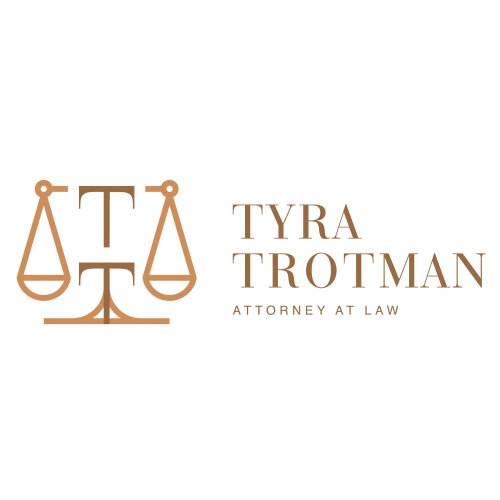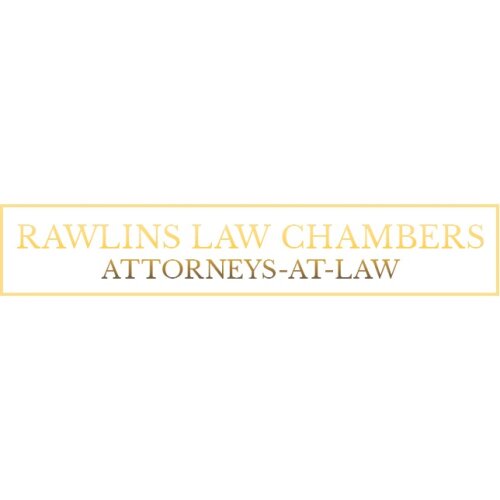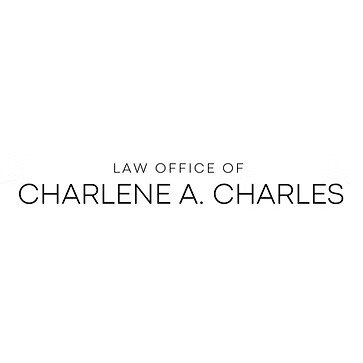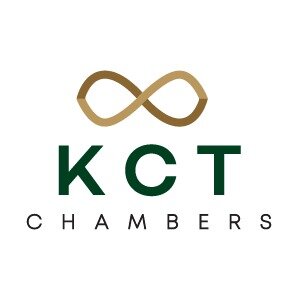Best Water Law Lawyers in Barbados
Share your needs with us, get contacted by law firms.
Free. Takes 2 min.
Or refine your search by selecting a city:
List of the best lawyers in Barbados
About Water Law in Barbados
Water Law in Barbados is a specialized area of legal practice that governs the ownership, use, management, and protection of water resources within the country. It addresses both public and private interests relating to surface water, groundwater, and coastal waters, ensuring sustainable management to meet the needs of individuals, communities, agriculture, industry, and the environment. The framework for Water Law in Barbados is shaped by local statutes, regulations, and policies, as well as international commitments related to environmental protection and sustainable development.
Why You May Need a Lawyer
There are several situations where you may need legal assistance in matters pertaining to Water Law in Barbados. Common scenarios include:
- Navigating disputes over water rights between landowners or users - Addressing complaints regarding water pollution or contamination affecting property or health - Securing permits or licenses for commercial uses of water, such as in agriculture or manufacturing - Understanding your obligations and rights as a property owner with respect to adjacent watercourses - Dealing with government restrictions or enforcement actions regarding water use or quality - Challenging or complying with water-related development decisions and planning regulations - Negotiating water sharing agreements for communal or commercial purposes - Responding to water shortages, service interruptions, or allocation changes imposed by authorities - Ensuring compliance with environmental laws related to water conservation and sustainable use
Local Laws Overview
Barbados has established a comprehensive set of laws and regulatory bodies to manage water resources efficiently and equitably. Key legislation includes the Barbados Water Authority Act, which created the Barbados Water Authority as the central institution in water management, supply, and regulation. Other relevant laws include the Underground Water Control Act, governing extraction and protection of groundwater sources, and the Health Services Act, which contains provisions related to water quality and public health.
Local regulations set standards for water abstraction, quality, wastewater discharge, and waterworks development. Permitting systems are in place for commercial extraction and use, while zoning and development regulations often address watershed protection and drainage management. The courts play an important role in resolving water-related disputes, particularly over land use, pollution, and access rights. International guidelines and environmental agreements also influence local law, especially regarding coastal and marine water protection.
Frequently Asked Questions
What is the Barbados Water Authority and what is its role?
The Barbados Water Authority (BWA) is a statutory corporation responsible for the management, control, and supply of water in Barbados. It regulates water usage, issues licenses and permits, ensures the maintenance of infrastructure, and manages water quality across the island. The BWA also enforces compliance with water laws and regulations.
Do I need a permit to extract groundwater from my property?
Yes, in most cases you need a permit from the Barbados Water Authority to lawfully extract groundwater, whether by drilling a well or diverting underground water. Regulations are in place to protect these resources and maintain sustainable usage levels.
Can I use water from a river or stream on my land without permission?
Generally, the use of water from rivers and streams is regulated to ensure fair allocation and environmental protection. You may require legal authorization or a permit, especially if you plan to use significant quantities or alter the watercourse.
What should I do if my property's water supply is contaminated?
You should immediately report the issue to the Barbados Water Authority and the Environmental Protection Department. Legal recourse may also be available if the contamination is due to another party's actions or negligence.
How does Water Law affect agricultural use?
Farmers often require permits for irrigation and abstraction. There are specific guidelines and best practices for agricultural water use to minimize wastage and protect water quality, which are enforced by relevant authorities.
Are there legal restrictions on collecting rainwater?
Collecting rainwater for domestic use is generally encouraged, provided it complies with public health and building regulations. Large-scale storage or diversion systems may require approval from relevant authorities.
What legal protections exist for public access to beaches and coastal waters?
Barbadian law protects public access to beaches and the foreshore, even if adjoining land is privately owned. Restrictions can apply for safety, conservation, or development purposes, but generally there are strong legal protections for public use and passage.
How are water disputes resolved in Barbados?
Water disputes may be resolved through negotiation, mediation, or the judicial system. Courts can determine liability, award compensation, or order remediation in cases involving infringement of water rights or environmental harm.
Can businesses lose their water use permits?
Yes, permits can be suspended or revoked for non-compliance with terms and conditions or if continued usage poses a risk to public health or the environment. The Barbados Water Authority oversees enforcement and can take action against violators.
What rights do residents have during water restrictions or shortages?
During droughts or shortages, the Barbados Water Authority may impose restrictions to prioritize essential uses. Residents are entitled to fair access for basic needs, and are informed by public notices. Legal options may exist if restrictions are not administered fairly or consistently.
Additional Resources
If you require more information or assistance regarding Water Law in Barbados, consider reaching out to these key resources:
- Barbados Water Authority (BWA) - Ministry of Environment and National Beautification - Environmental Protection Department - Ministry of Agriculture and Food Security - The Barbados Bar Association (for referrals to practicing attorneys) - Department of Environmental Conservation - Community Legal Services or Legal Aid Clinic
Next Steps
If you are facing a legal issue related to water in Barbados, follow these steps to seek the best possible outcome:
1. Gather and organize all relevant information, such as property documents, permits, correspondence, and any evidence related to your issue. 2. Contact the Barbados Water Authority or other relevant government department to clarify any regulatory requirements or guidelines that apply to your situation. 3. If you require legal advice or representation, consult a qualified attorney with experience in Water Law. The Barbados Bar Association can provide a list of attorneys specializing in environmental and property law. 4. Consider mediation or alternative dispute resolution if practical, particularly for neighbor or community disputes over water use. 5. Maintain clear records of all communications, permits, and actions taken. This will support your case if legal proceedings become necessary.
Legal matters relating to water can be complex, so early consultation with a knowledgeable professional is recommended to protect your interests and ensure compliance with current laws and regulations.
Lawzana helps you find the best lawyers and law firms in Barbados through a curated and pre-screened list of qualified legal professionals. Our platform offers rankings and detailed profiles of attorneys and law firms, allowing you to compare based on practice areas, including Water Law, experience, and client feedback.
Each profile includes a description of the firm's areas of practice, client reviews, team members and partners, year of establishment, spoken languages, office locations, contact information, social media presence, and any published articles or resources. Most firms on our platform speak English and are experienced in both local and international legal matters.
Get a quote from top-rated law firms in Barbados — quickly, securely, and without unnecessary hassle.
Disclaimer:
The information provided on this page is for general informational purposes only and does not constitute legal advice. While we strive to ensure the accuracy and relevance of the content, legal information may change over time, and interpretations of the law can vary. You should always consult with a qualified legal professional for advice specific to your situation.
We disclaim all liability for actions taken or not taken based on the content of this page. If you believe any information is incorrect or outdated, please contact us, and we will review and update it where appropriate.
Browse water law law firms by city in Barbados
Refine your search by selecting a city.












